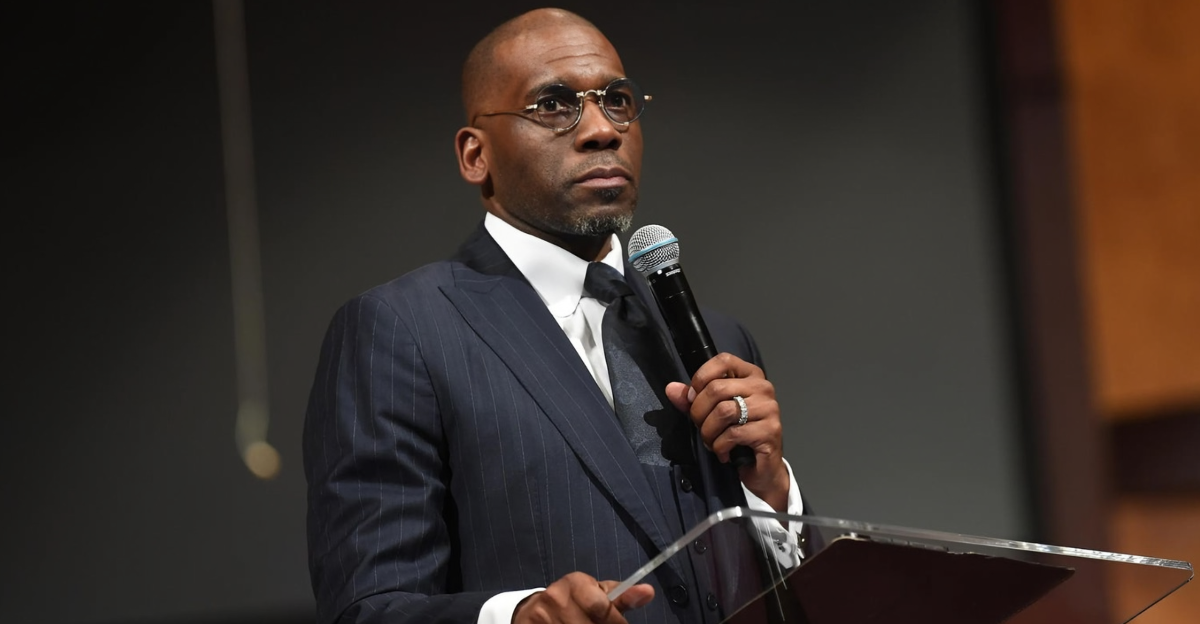
A high-profile boycott called “Target Fast” already rattled corporate America; wiping out billions in value and forcing pay cuts at the top. Now, its leader is back with a new weapon: a digital protest aimed at another retail giant, Dollar General, accused of quietly backing away from diversity, equity, and inclusion.
This time, the strategy shifts from shelves to screens, with pressure building online and fast. At the center
is a prominent voice in the Black faith community who’s turning moral outrage into measurable impact. The effects are already unfolding, and retailers are taking notice.
What started as a prayerful consumer boycott is becoming a movement with teeth. Let’s unpack how this latest phase could reshape the way big brands respond to public pressure.
A Fight That Reaches Every County Line

This protest isn’t limited to a specific region; it’s a coordinated national effort reaching from rural towns in Alabama to urban centers in Georgia. With Dollar General operating within five miles of 75% of American homes, the campaign’s impact is virtually unavoidable. Building on the success of the Target boycott, which led to significant financial repercussions, this movement exemplifies how strategic activism can influence corporate decisions.
What began as localized action has transformed into a sophisticated national initiative, compelling executives across industries to reconsider their policies. The widespread reach ensures that communities nationwide will experience the effects of this campaign.
Borrowing Power From the Past
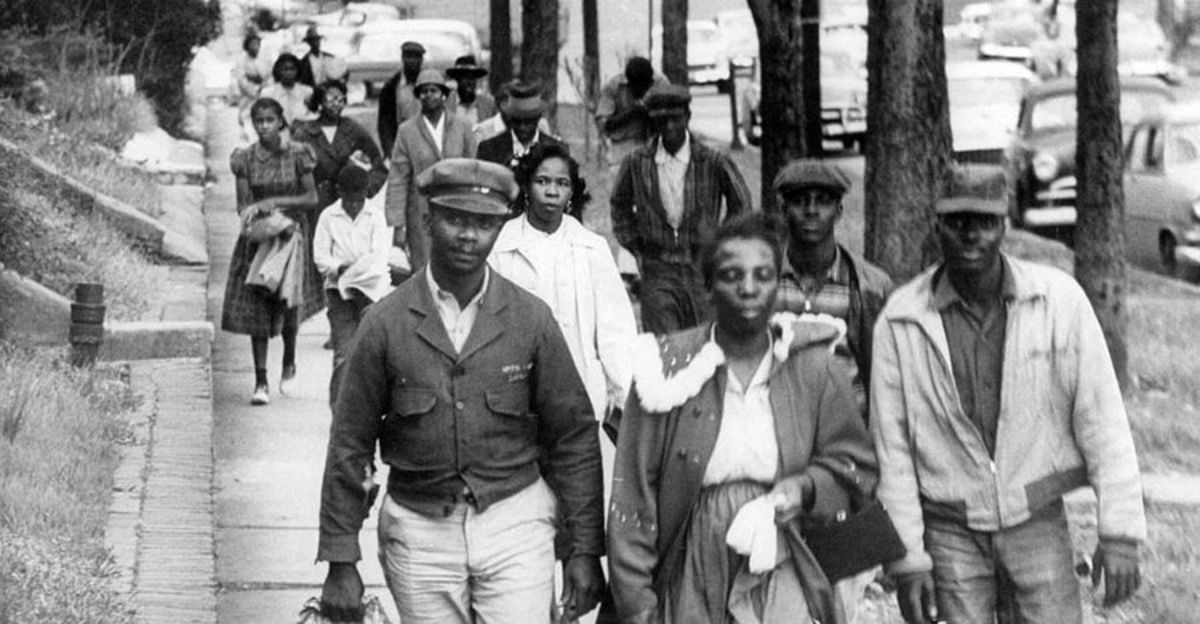
Drawing inspiration from the 1955 Montgomery Bus Boycott, today’s activists are combining traditional protest strategies with modern technology. Religious leaders, historically central to social change, are now utilizing digital tools to amplify their message.
By integrating faith-based organizing with online activism, they can mobilize communities, influence public opinion, and pressure corporations more effectively than ever before. This hybrid approach has already demonstrated its capacity to drive significant changes in corporate policies.
The Quiet Rollback That Sparked It All

Corporate America has been quietly retreating from diversity, equity, and inclusion efforts, policies once held up as markers of progress. The shift began under mounting political pressure, especially after federal scrutiny labeled some initiatives “immoral” or “illegal.” One by one, major companies started erasing DEI language from public filings and restructuring internal teams.
The retailer now under fire followed suit, hoping perhaps to fly under the radar during a turbulent political moment. But community leaders noticed. To them, the rollback wasn’t just bureaucratic housekeeping, it was a betrayal of trust, especially from companies that profit heavily from communities they now appear to be sidelining.
Pastor Jamal Bryant Steps Into the Fray
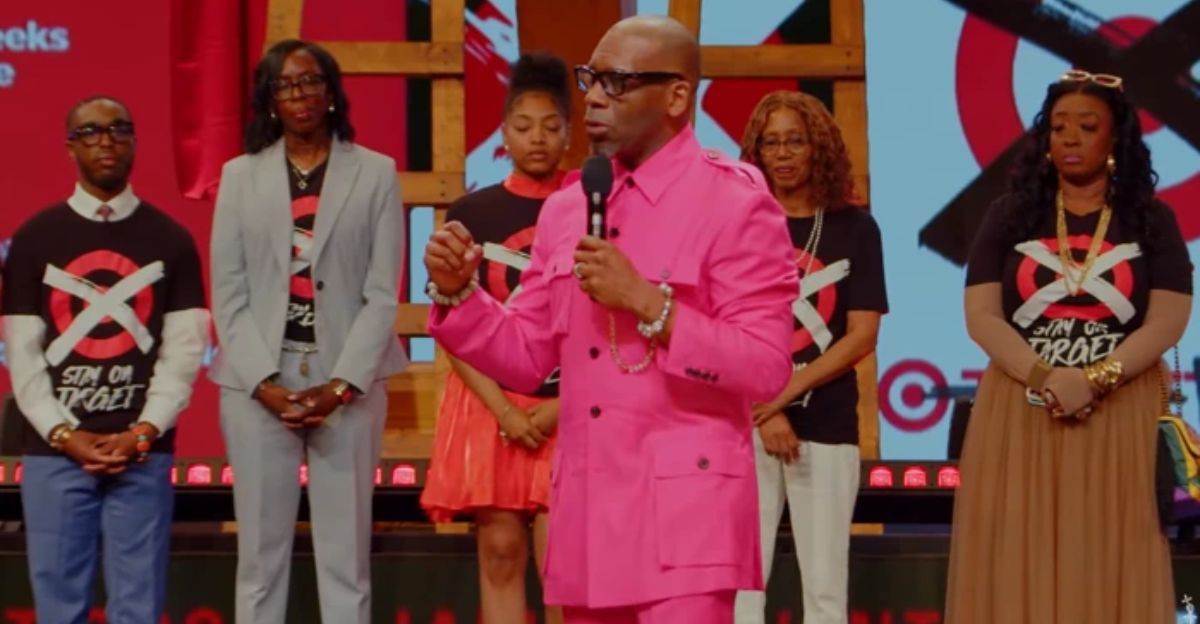
At the center of the movement stands Pastor Jamal Bryant of New Birth Missionary Baptist Church in Georgia. Known for his fiery sermons and sharp strategic mind, Bryant has become a major force in corporate accountability. His previous campaign against Target made headlines when the company’s stock dropped sharply in response.
Bryant understands the power of organized economic influence, especially from Black consumers, who contribute billions annually to major retail chains. But with Dollar General, he’s shifting tactics. Recognizing the store’s presence in underserved areas, he’s launched an “electronic protest,” urging supporters to pressure executives directly while avoiding harm to dependent rural communities.
Why Dollar General Stores Can’t Just Be Boycotted
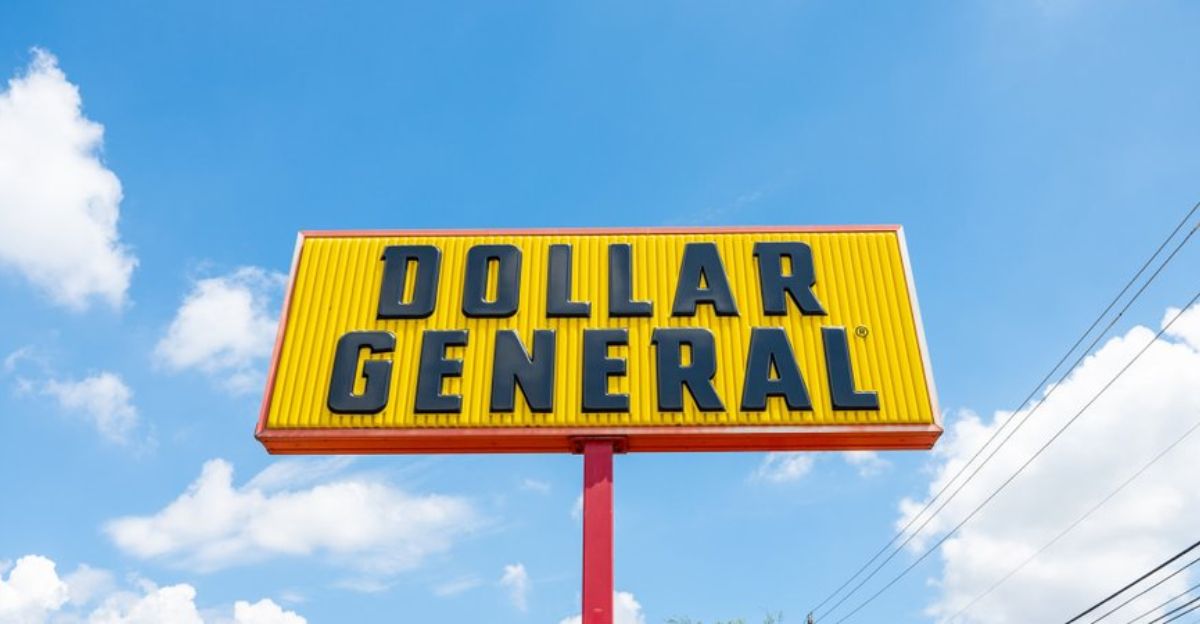
In many rural areas, Dollar General isn’t just another store, it’s the only one around. Families depend on it for food, toiletries, and essential supplies. That reality complicates the idea of a traditional boycott. Pastor Bryant’s strategy accounts for this. Instead of asking shoppers to abandon the brand outright, he’s encouraging a digital form of resistance, emails, phone calls, and social media messaging that targets corporate leadership directly.
This allows communities to hold the company accountable without punishing their own neighborhoods. It’s a recognition that the protest must walk a fine line, forceful enough to spark change, but careful enough to avoid unintended harm.
The Lives Changed Behind the Headlines

This isn’t just about policies on paper, it’s about real people. Dollar General, like many companies, once maintained a robust diversity framework that gave underrepresented employees a voice and pathway for advancement. But as those programs were scaled back or eliminated, workers were left in limbo. Roles were restructured or quietly cut.
For employees who joined believing in a company that championed inclusion, the reversal felt personal. Across the industry, thousands of diversity-focused jobs have disappeared. These shifts leave lasting effects, not just on careers, but on corporate culture. Workers say the rollback signals a deeper message: that promises made in recent years are already being forgotten.
Competitors Are Watching Closely

Dollar General isn’t the only company navigating this tightrope. Retail giants like Target, Walmart, and Lowe’s are also reevaluating their public commitments to diversity. Some have already scaled back initiatives quietly, while others are bracing for scrutiny. Pastor Bryant’s method, a calculated blend of faith-driven activism and economic pressure, is now being studied by organizers across the country.
It offers a repeatable model: moral authority, strategic focus, and deep ties to community networks. The pressure is forcing retailers to weigh more than just profit margins. They’re being pushed to consider how policy decisions could spark backlash, not just from politicians or shareholders, but from the very customers they depend on.
Why Shoppers Are Speaking With Their Wallets
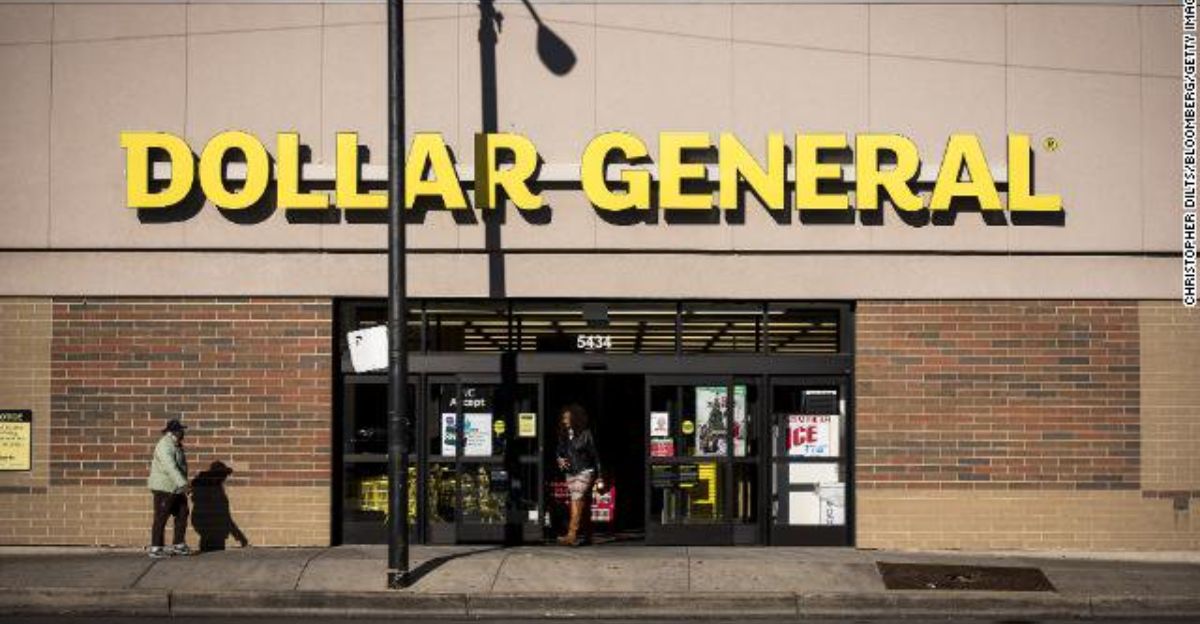
Consumer activism has evolved, and fast. Where once boycotts relied on long-term abstention from certain brands, today’s movements go straight for corporate vulnerabilities: stock prices, public perception, and executive accountability. Social media amplifies the message, turning a single complaint into a viral movement in days. Younger generations, especially, are embracing values-based spending.
They want their dollars to reflect their principles. For companies, that shift means every hiring decision, policy update, or marketing campaign can trigger real consequences. What used to be a press release is now a public referendum. The result? A retail landscape where silence, or missteps, can be just as damaging as a bad product.
What Happens When the Church Takes on the Corporation?

Pastor Bryant’s campaign marks more than a flashpoint, it may signal the rise of a new era in American protest. With church leaders stepping into activist roles and using digital platforms to rally followers, a new model of accountability is emerging. The question now is whether this approach will spread to other faith groups and industries.
Can retailers adjust to serve both market demands and community values? Or will they continue hedging bets, risking consumer trust in the process? One thing is clear: this isn’t just about one pastor or one chain store. It’s about a growing belief that moral leadership still has a place in America’s boardrooms, and shoppers are watching.
Discover more trending stories and Follow us to keep inspiration flowing to your feed!

Craving more home and lifestyle inspiration? Hit Follow to keep the creativity flowing, and let us know your thoughts in the comments below!
